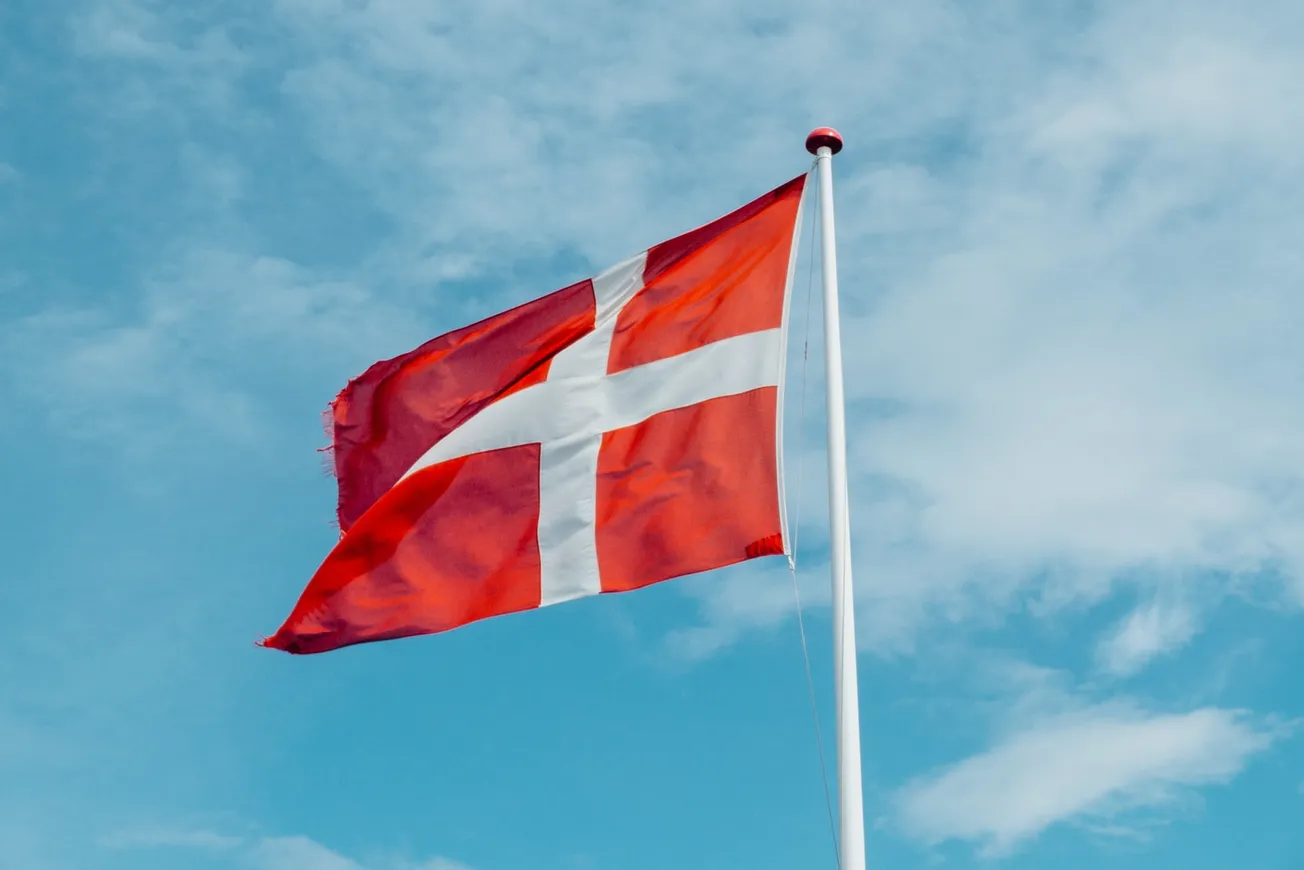Table of Contents
William Stehmann
William Stehmann studies Social Studies and English literature at a college in Denmark.
Denmark has historically had some of Europe’s most lenient laws regarding freedom of speech. But following backlash from a number of Middle Eastern nations, the new Social Democrat-led government in Copenhagen is moving to crack down on free expression.
Which is more important: the freedom of speech of Danish citizens or the desire to stop the outrage from abroad caused by the burning of the Quran? This was the dilemma the Danish government was facing just a few weeks ago—until it decided to go with the latter and move to weaken free speech laws in Denmark.
The move comes following backlash from several OIC (Organization of the Islamic Conference) countries, due to the burning of the Quran in Denmark and Sweden. And while burning the Quran is nothing new—as a matter of fact, it has been a common form of protest by anti-immigration individuals in Denmark—the government’s response is very different today than it has been in the past.
Historically, the Danish government has been an ardent defender of the nation’s free speech laws. The most prominent example of this was in 2005 when Denmark received foreign backlash after a Danish newspaper published satirical drawings of the Prophet Muhammed. Back then, the Liberal government, which many current ministers were part of, held firm against the backlash. The former prime minister, Anders Fogh Rasmussen, is quoted as saying: “This has been about freedom of speech all along. Freedom of speech is under threat.” (Translated from Danish)
This is in sharp contrast to the current government’s approach, which, in a statement released to the press, stated that they will explore the possibility of intervening in situations where “other countries, cultures, and religions are being insulted, and where this could have significant negative consequences for Denmark.”
Following the release of this statement to the press, the government quickly met opposition from most parties outside of government, who criticized the government’s actions. Morten Messerschmidt, the leader of the Danish People’s Party, took to Twitter to say the following:
“First, the government removed The Great Day of Prayer. For the Danes’ feelings about Christianity meant less than utility and labor supply. The government then began to curtail freedom of expression. For the feelings of … Muslim countries were very, very important for Denmark’s reputation. There is indeed something wrong in Denmark.” (Translated from Danish)
And while the Danish People’s Party may have a small voice in parliament, they were quickly joined by other opposition parties such as the Liberal Alliance, whose leader tweeted the following:
“It is worrying if pressure from Islamic countries means that we restrict freedom of expression in Denmark. These are important and fundamental principles of our liberal democracy which are at stake. Risk of this becoming a slippery slope to further restrictions on freedom of expression.” (Translated from Danish)
And while no polls have been conducted since the decision made by the government, the latest poll from Voxmeter.dk showed that only 35% of the Danish population supported the government. With criticism coming from both the left and right of Danish politics, it would be surprising if their support among the wider population was not affected by their announcement.
Several organizations have already reacted to the government’s statement, most notably an organization called Danske Patrioter, or Danish Patriots in English, which responded by organizing a demonstration outside the foreign minister’s house, where a Quran was burnt.
Furthermore, several other prominent Danish politicians criticized the government’s statement due to it being “vague.” Mai Villadsen, the political leader of Enhedsliten, Denmark’s most left-wing party in parliament, also expressed concerns that this would not merely affect protests regarding OIC nations. She tweeted the following:
“We should not change our legislation because some despotic regimes – which themselves have no respect for even the most basic human rights – threaten the export interests of the business community. For example, it should also be possible to display a Tibetan flag at a demonstration, even if it offends the Chinese regime or the Chinese president.” (Translated from Danish)
While it is clear that the government has received backlash from both major political parties and organizations, they are still proceeding with writing legislation that would limit the population’s right to protest, or publicly criticize foreign regimes. And while the backlash may come from large parts of the population and of parliament, there is no external opposition to their plans that could prevent them from making their proposed changes law, as they hold a majority of seats in parliament.
This article was originally published on FEE.org. Read the original article.









